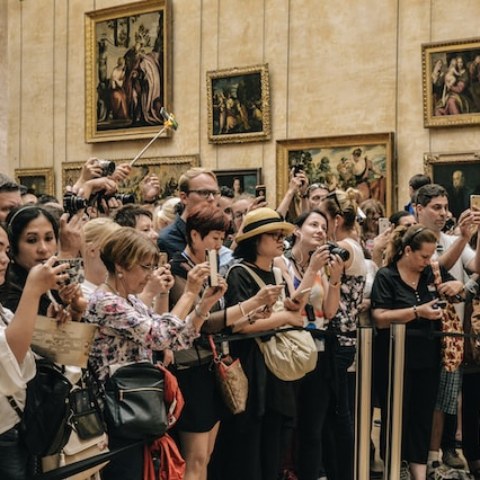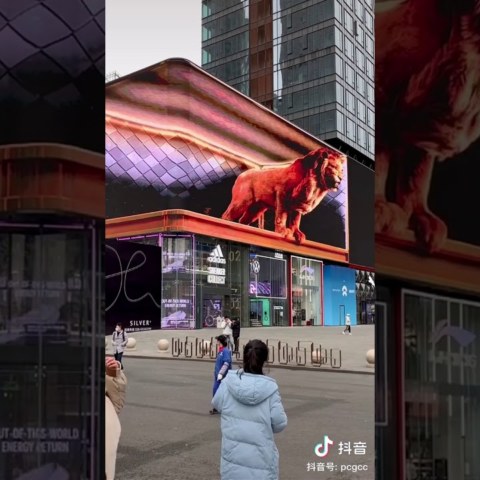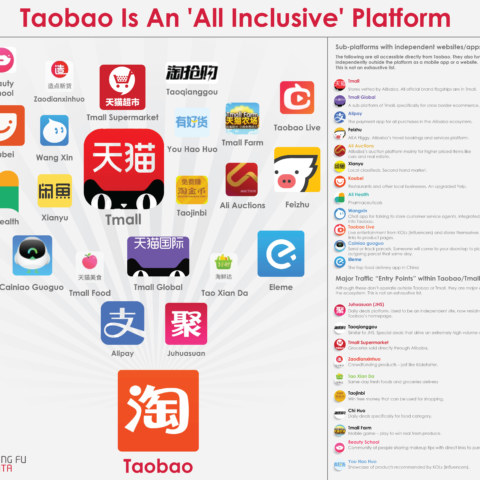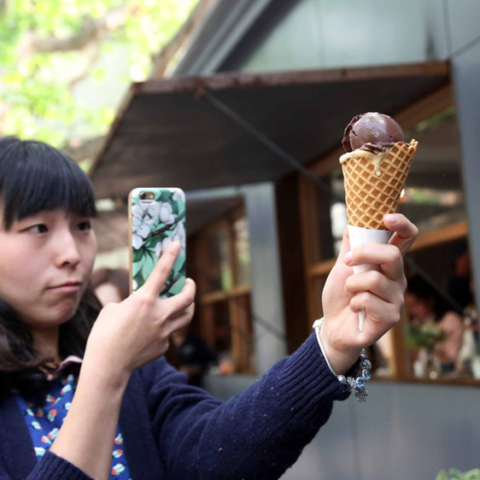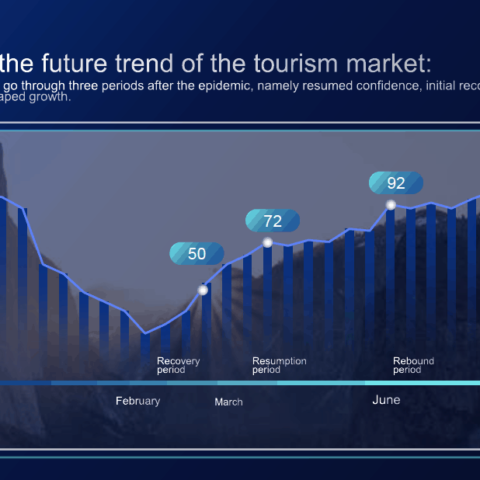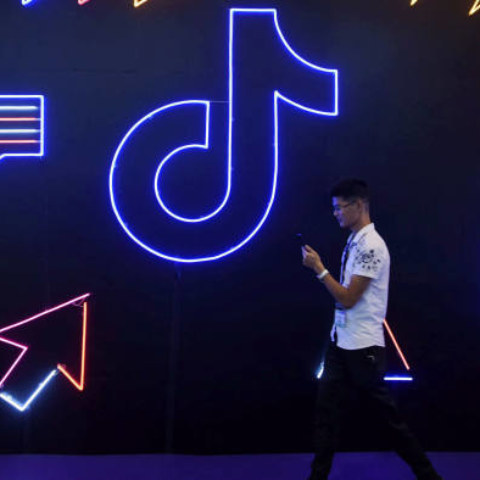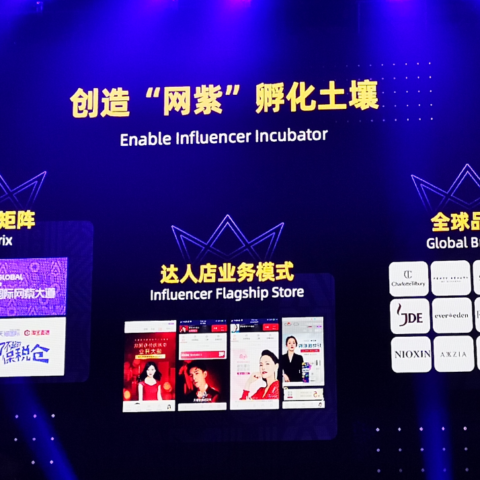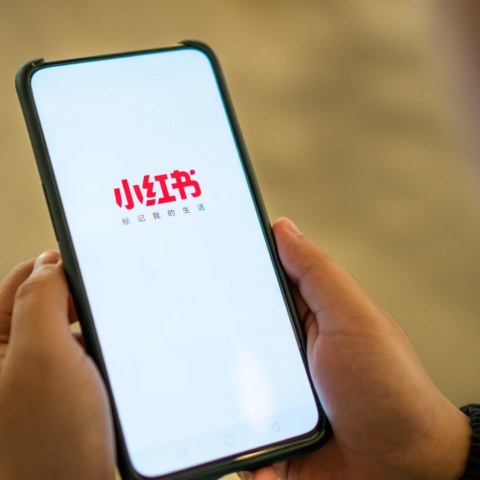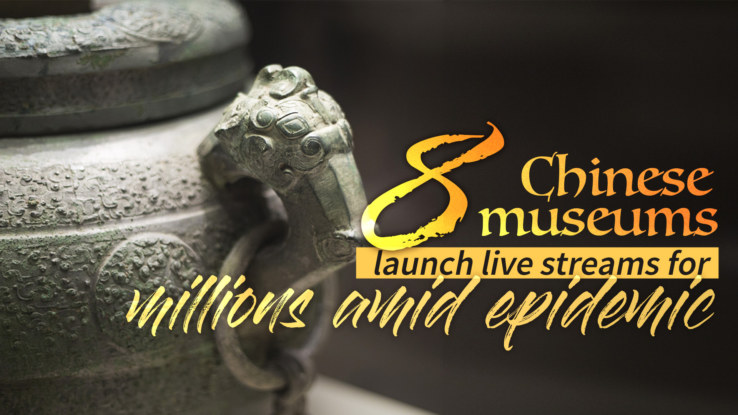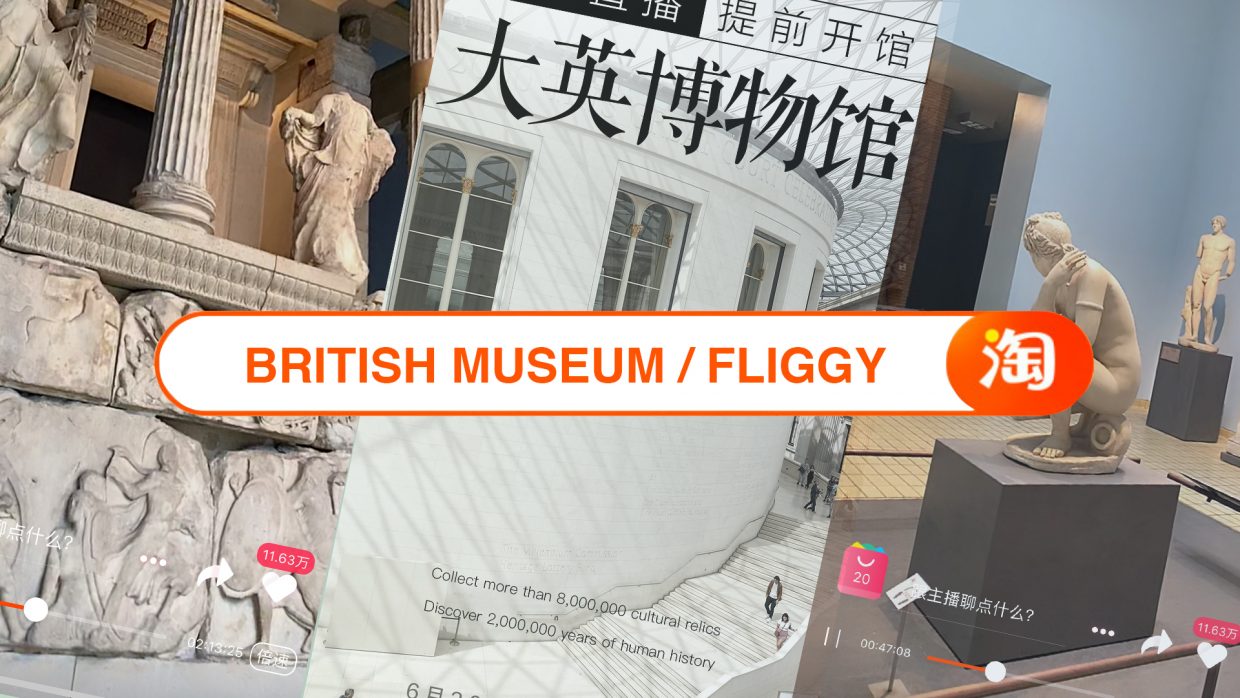Livestreaming Museums with Taobao Live
What to do you think about Livestreaming Museums with Taobao Live?
On March 1, the Potala Palace in Lhasa welcomed a record-breaking 1 million-plus tourists. We are not kidding.. We know it is impossible due to Covid-19. But there another way…DIGITALLY
all of these “visitors” to the UNESCO World Heritage Site in Tibet arrived via their smartphones.
Livestreaming proceeded through the centuries-old fortress, giving his virtual visitors a tour of the palace’s artifacts, including sculptures and traditional Buddhist paintings.
The virtual tours, though not an original concept, have gained a new foothold in China’s domestic tourism industry as millions of people have postponed their travel plans due to the COVID-19 outbreak. Authorities have also closed tourist sites nationwide — including major landmarks like the Palace Museum in Beijing and sections of the Great Wall — to avoid large crowds and stop the contagious virus from spreading. Instead, they’ve encouraged museums to make use of “digital resources.”
Helping tourism-focused businesses stay afloat are large e-commerce platforms like Alibaba, which added an “online field trip” feature to its commercial livestreaming platform, Taobao Live, that allows museums, zoos, and aquariums to attract virtual crowds.
Alibaba Live currently features famous tourist attractions such as the Potala Palace, the Mogao Grottoes in the northwestern Gansu province, and the Chengdu Panda Base in the southwestern Sichuan province. Though the livestreamed tours are free, the tourist sites can make money by selling souvenirs to viewers.
Suzhou Museum in the eastern Jiangsu province, just over an hour’s drive from Shanghai, can also be “visited” on Alibaba Live. Jiang Han, deputy manager of the museum’s cultural and creative department, told that the feature has become a hit.
She said that some 5.8 million people joined the museum’s first two livestreamed tours
roughly equivalent to the number of in-person visitors they admit in three months.
Taobao Live told CSM that over 20 museums in China have online shops on the platform, and that livestreaming has created a new niche for museums to cash in on souvenirs.
In fact, people buying souvenirs for places they’ve not visited was already a fad in China. Museums’ Taobao shops received an estimated 1.6 billion page visits in 2019, according to a study by Tsinghua University in Beijing.
Out of China there is the example of British Museum through Fliggy&Taobao
Most of the six million annual visitors to the British Museum brave the crowds only to settle for an obscured glimpse of the Rosetta Stone. On June 30, however, Chinese fans of Egyptian archeology enjoyed the artifact unencumbered by needling elbows or cellphones held aloft as the London institution hosted a two-hour live stream on Fliggy, the travel subsidiary of tech giant Alibaba.
Closed since Mid-March, the live stream, hosted on the apps of Fliggy and e-commerce platform Taobao, toured pristine, vacant galleries offering the 370,000 viewers much-appreciated exclusivity — many filled the comment section with witty quips on skipping lines and beating the crowds. The move is in line with enterprising spirit of the British Museum which has repeatedly prioritized connecting to Chinese audiences in recent years.
The museum has ventured into e-commerce and became the first international museum to launch on Alibaba’s online retail platform Tmall in 2018. Aside from enhancing its profile among Chinese cultural devotees, selling hieroglyphic jewelry, Hokusai stationery, and collaborative creations with Chinese brands is highly lucrative — it made $51 million in its first year online. Its latest initiative, the Fliggy live stream, is an astute integration of its informational and commercial successes.
Do you want to develop a campaign like this? Just contact us
Leave a Comment

